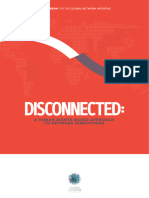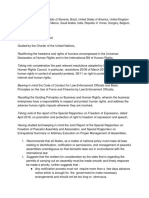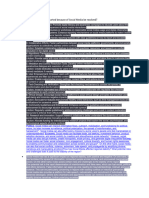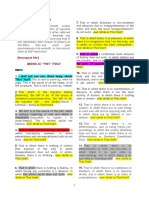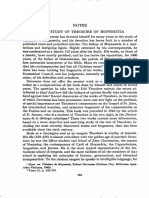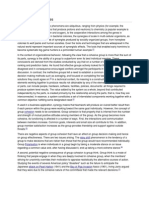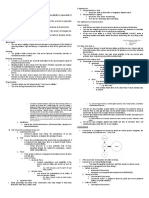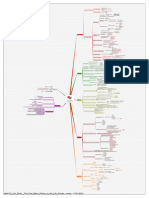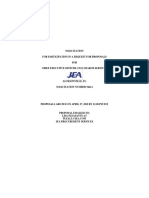0% found this document useful (0 votes)
8 views4 pagesCritics and Counterarguments
The document discusses various criticisms and counterarguments regarding proposed regulations on freedom of speech, cybersecurity, and disinformation. Critics express concerns about potential censorship, biased targeting of countries, and bureaucratic inefficiencies, while counterarguments emphasize the importance of transparency, support for developing nations, and the protection of free expression. The document advocates for balanced approaches that address harmful content while respecting individual rights and national sovereignty.
Uploaded by
sualehaCopyright
© © All Rights Reserved
We take content rights seriously. If you suspect this is your content, claim it here.
Available Formats
Download as PDF, TXT or read online on Scribd
0% found this document useful (0 votes)
8 views4 pagesCritics and Counterarguments
The document discusses various criticisms and counterarguments regarding proposed regulations on freedom of speech, cybersecurity, and disinformation. Critics express concerns about potential censorship, biased targeting of countries, and bureaucratic inefficiencies, while counterarguments emphasize the importance of transparency, support for developing nations, and the protection of free expression. The document advocates for balanced approaches that address harmful content while respecting individual rights and national sovereignty.
Uploaded by
sualehaCopyright
© © All Rights Reserved
We take content rights seriously. If you suspect this is your content, claim it here.
Available Formats
Download as PDF, TXT or read online on Scribd
/ 4
































